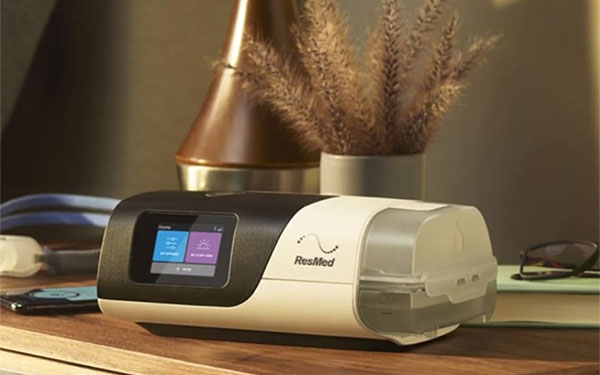Sleep apnea (also spelt Sleep Apnoea) effects the efficiency of your sleep.
One Sleep apnea episode consists of the airway being partially or completely blocked for 10 seconds or more. One will then wake themselves up in order to unblock the airway and allow breathing to start again. On its own, this process is very important, without it we have a blocked airway for a very long time….
It is when the airway starts blocking over too frequently we start running into problems.
The person suffering with sleep apnea is quite often unaware of these events and will often report that they are sleeping quite well, but when they wake do not feel the benefits of a good night sleep.
Classic signs and symptoms of sleep apnoea include;
- Waking unrefreshed
- Sleepiness during the day
- Snoring
- Witnessed pauses in breathing
- Dry Sore throat
- Frequent need for the toilet during the night
- Restless sleep
- Reflux
Leaving Sleep apnea untreated generally leads to a poorer quality of life. Having a poor night sleep night in, night out does take its toll on our mental state and puts the body under a lot of pressure.
Mood disorders, poor concentration and general poor health are commonly seen in sufferers of sleep apnea. Is it the sleep apnea that brings on these conditions? Or is it the other way around?
Many scientists are out to answer this question. It is likely a combination of both.
Thankfully there are treatments for sleep apnoea.
Diagnosis and treatment
With awareness and a growing industry comes more treatments claiming to be the magic answer for Sleep Apnea. Sleep Apnea is a health condition and it is recommended you get guidance through the diagnostic and treatment stages of Sleep Apnea.
Diagnosis
People will generally know when they have sleep apnoea. Which leads to the question –
“Why bother getting a diagnosis when I know I already have it?”
It is a good question to ask. The diagnosis gives a good statistical baseline to work back to. An initial diagnosis will give key statistics on how frequently the blockages are occurring, how long they are lasting, what body position they are happening in and give an indication on how bad the sleep apnea is and whether it is worth treating.
Treatment can be tricky to get used to. The statistics from the sleep study can be a motivator in working through the initial adjustment phase of treating the sleep apnoea.
Treating sleep apnea
Before committing to treating your sleep apnea, it can be useful to work out why you are doing it and what baseline you are coming from.
The four things to consider about whether treatment is necessary are:
- Statistics from the sleep study
- Is snoring effecting your partner?
- Symptoms
- Associated Health risks (a discussion to have with your Doctor)
Treatment options
CPAP
CPAP stands for Continuous Positive Airway Pressure. CPAP involves wearing a mask that is connected to a pump that uses air pressure to prevent the airway from blocking over.
Reading that paragraph one’s mind automatically says “how on earth is that going to improve my sleep?”
By preventing the blockages, you are preventing the disruptions to commence breathing again. It will generally take a little bit of getting used to, but once you have learnt to cope with CPAP, it will treat the sleep apnea.
CPAP has been around for beyond 35 years and each year the equipment is getting more comfortable and easier to use. Recently there have been travel machines and memory foam masks released.
It is recommended you have a trial of CPAP before dismissing or committing to it long term.
CPAP devices will also provide feedback to how your therapy is going. They will measure your AHI (blockages per hour) which can be used to compare back to your initial Sleep Study.
Mandibular Advancement Splints (MAS)
A MAS is a mouthguard which is used to bring your bottom jaw forward to allow more room in the back of your airway for the tongue to sit. If using a MAS it is recommended that you get these fitted professionally by a dentist.
PROVENT
PROVENT uses Expiratory Positive Airway Pressure to treat sleep apnoea. These are band aid like applications with one way valves which are stuck onto the nostril.
Surgery
There are different surgical procedures which can be used to effectively treat Sleep Apnea. This is a highly specialised area and we recommend this discussion be had with your Doctor or with an Ear, Nose and Throat Specialist.
Which treatment is the best for Sleep Apnea?
This is a conversation to have with your medical professional. Like everything, there are pro’s and con’s for each of the therapies and an experienced, knowledgeable health professional is a good companion to have when treating this disorder.
Do you think you might have Sleep Apnea?
If you think you might have sleep apnea, go and have a chat with your GP. Should they see the need, they will then refer you to have a sleep study which will give you a great statistical overview of your night sleep. From this and a review of your overall general health, you can then make a decision on whether significant benefit can be obtained from treating whatever sleep apnea may be present.

